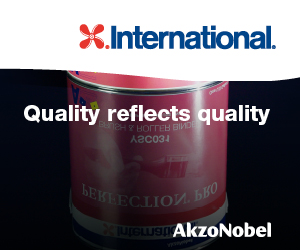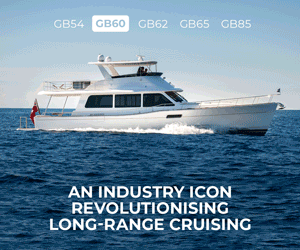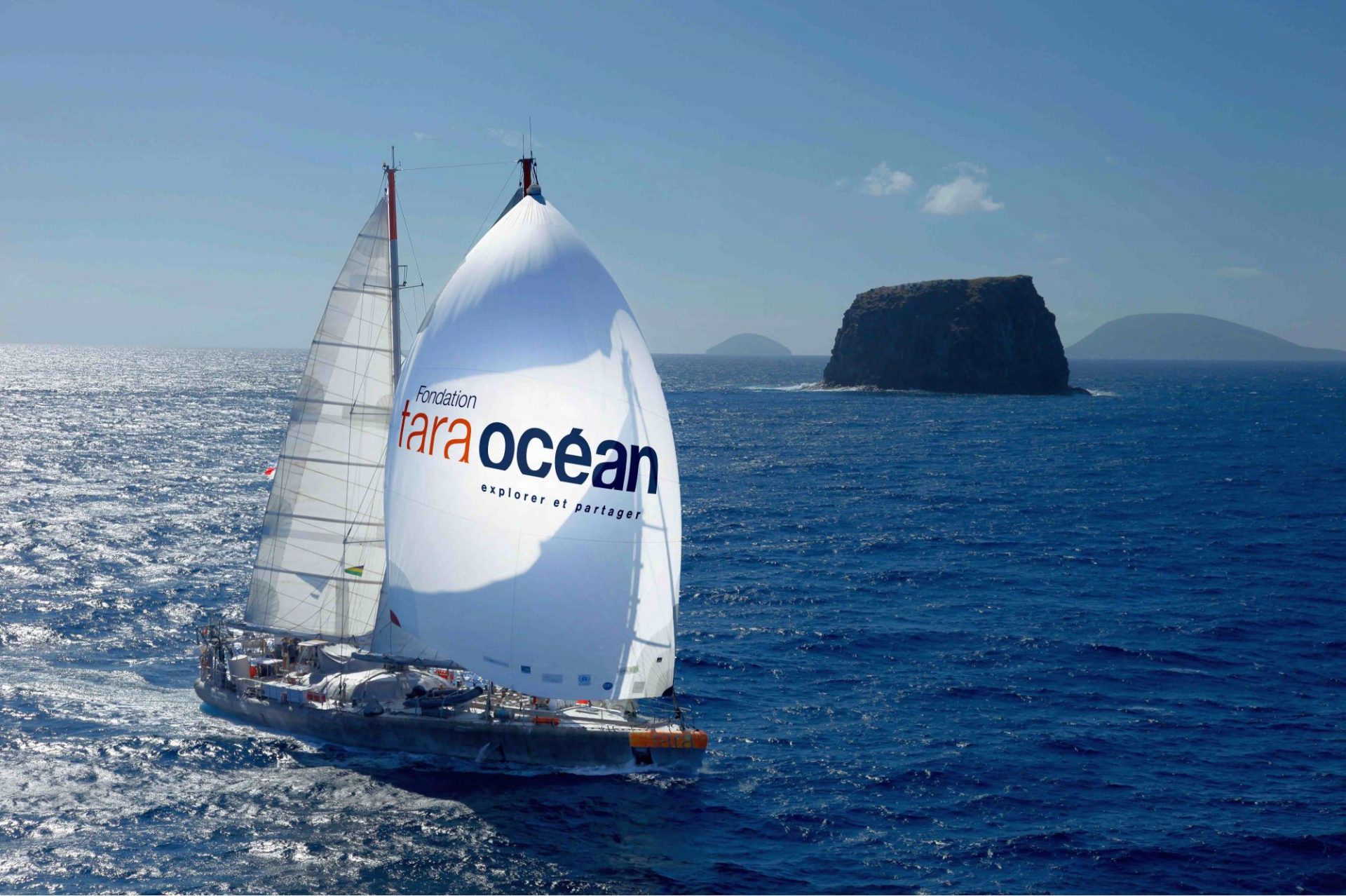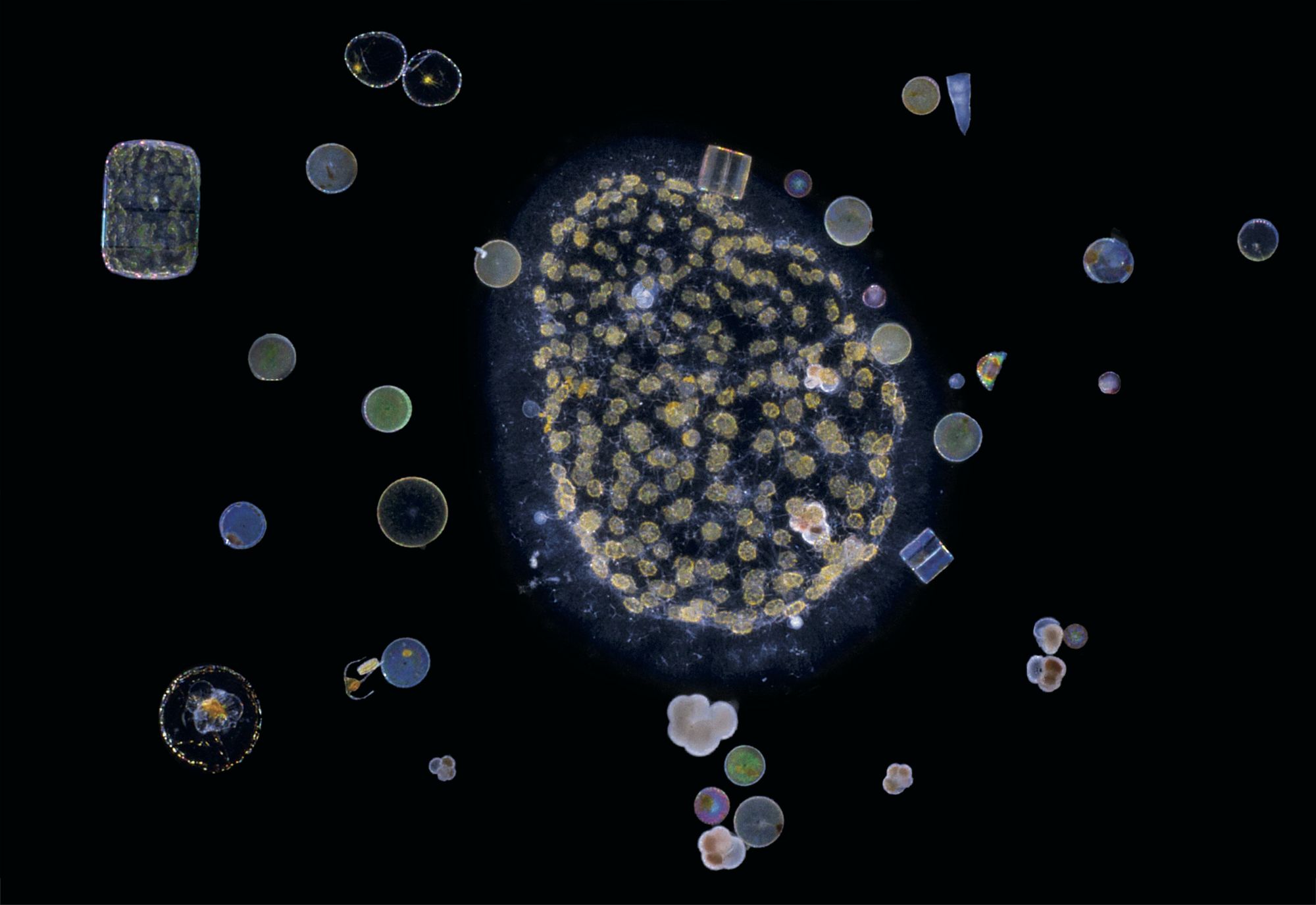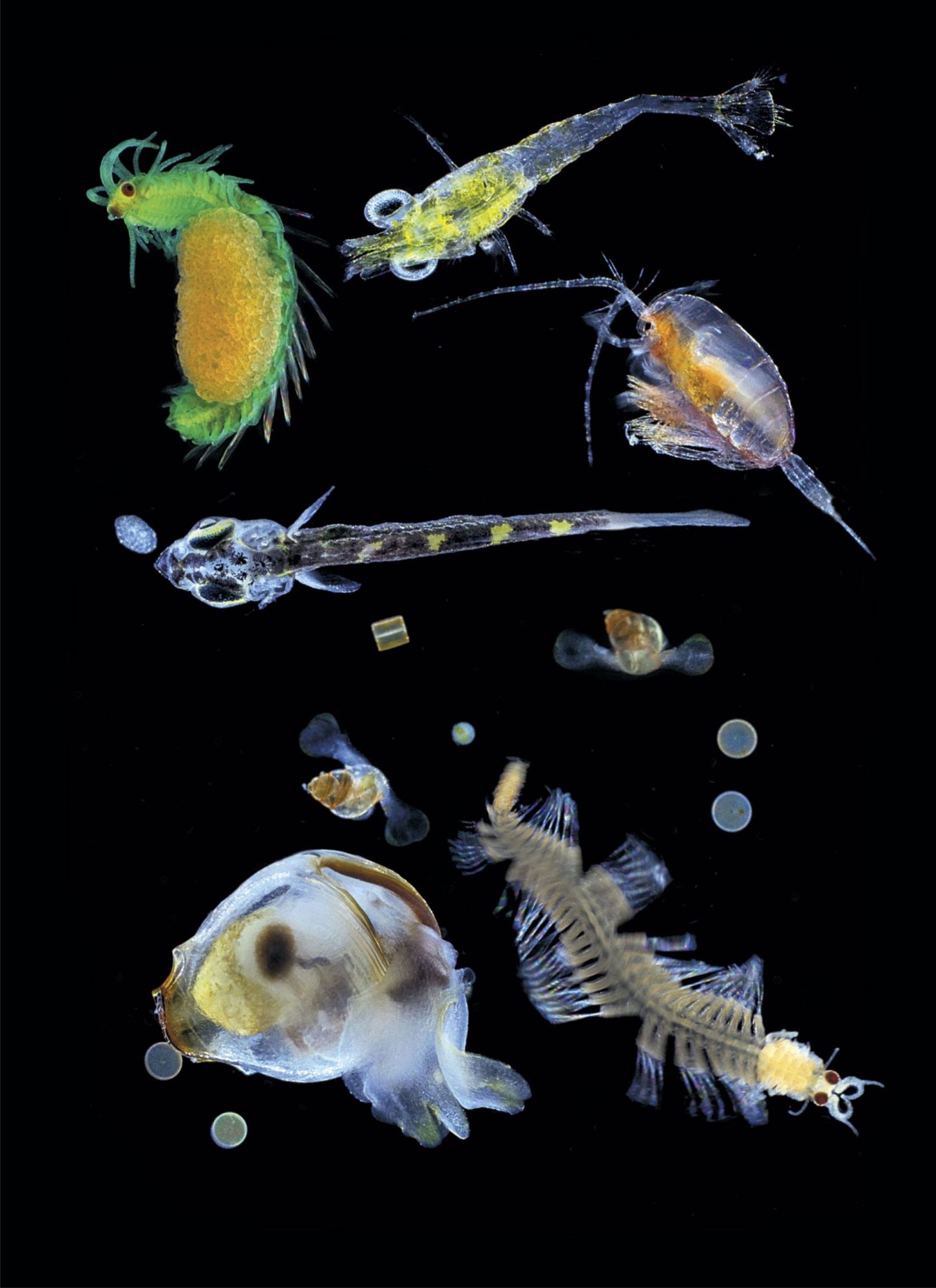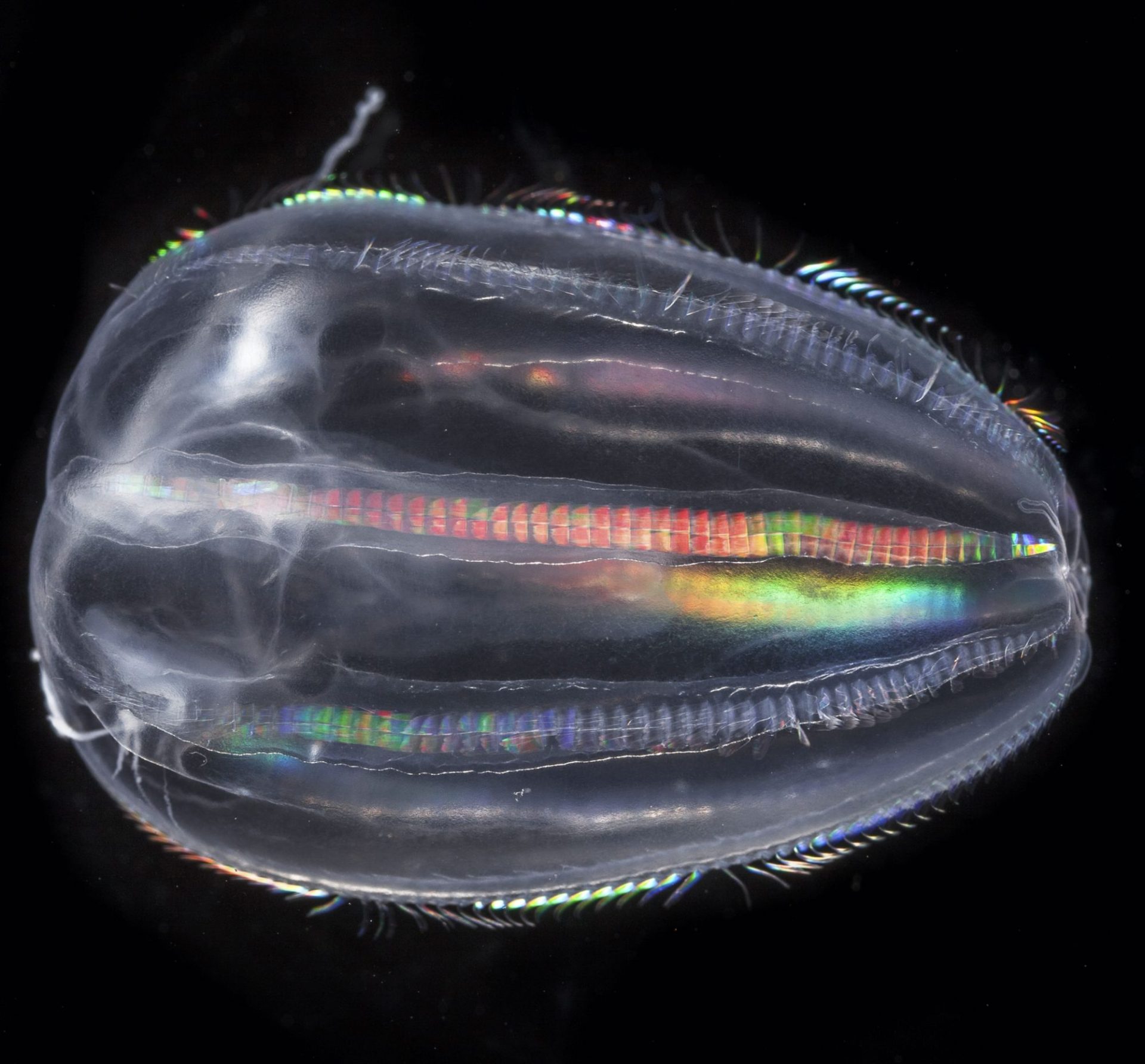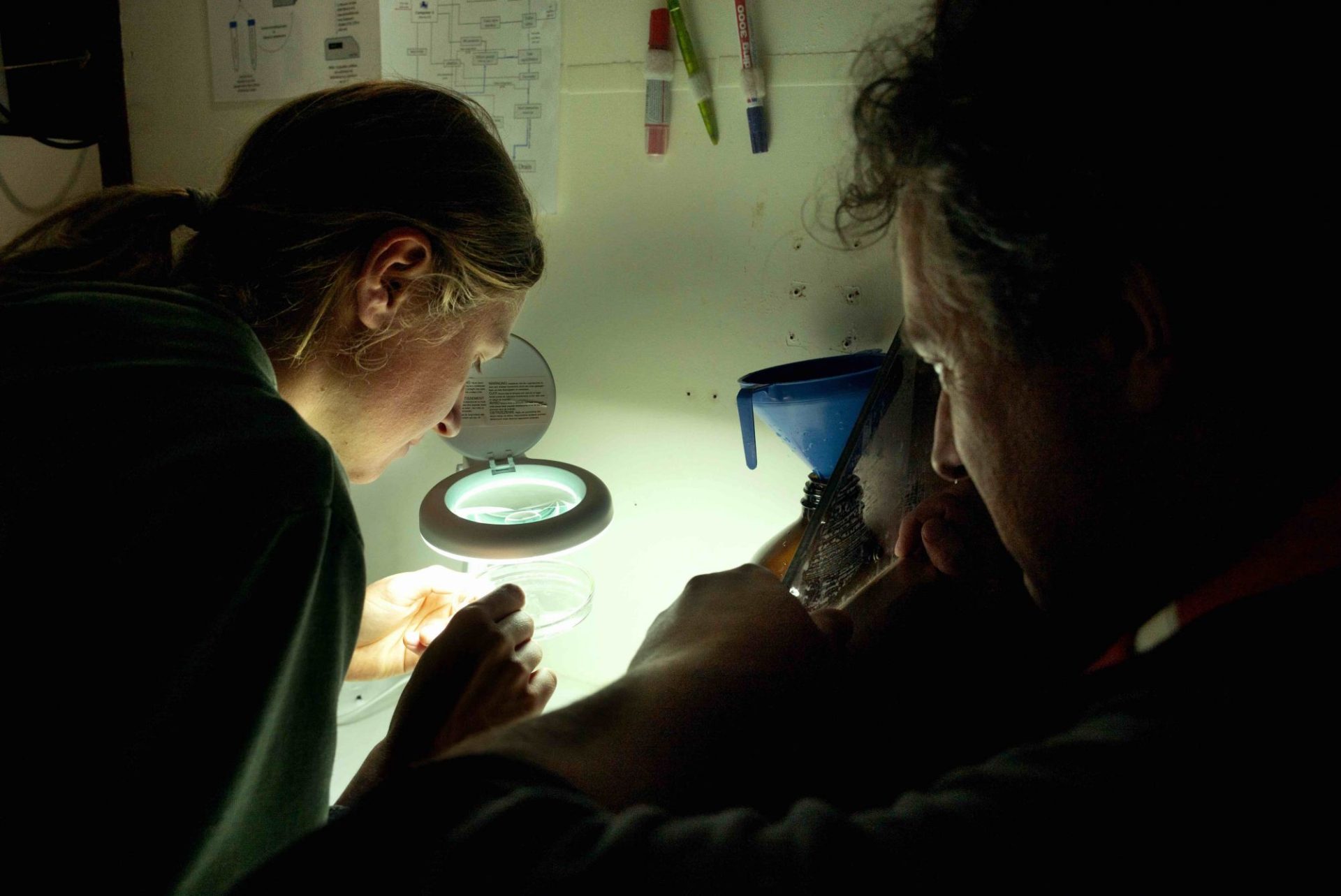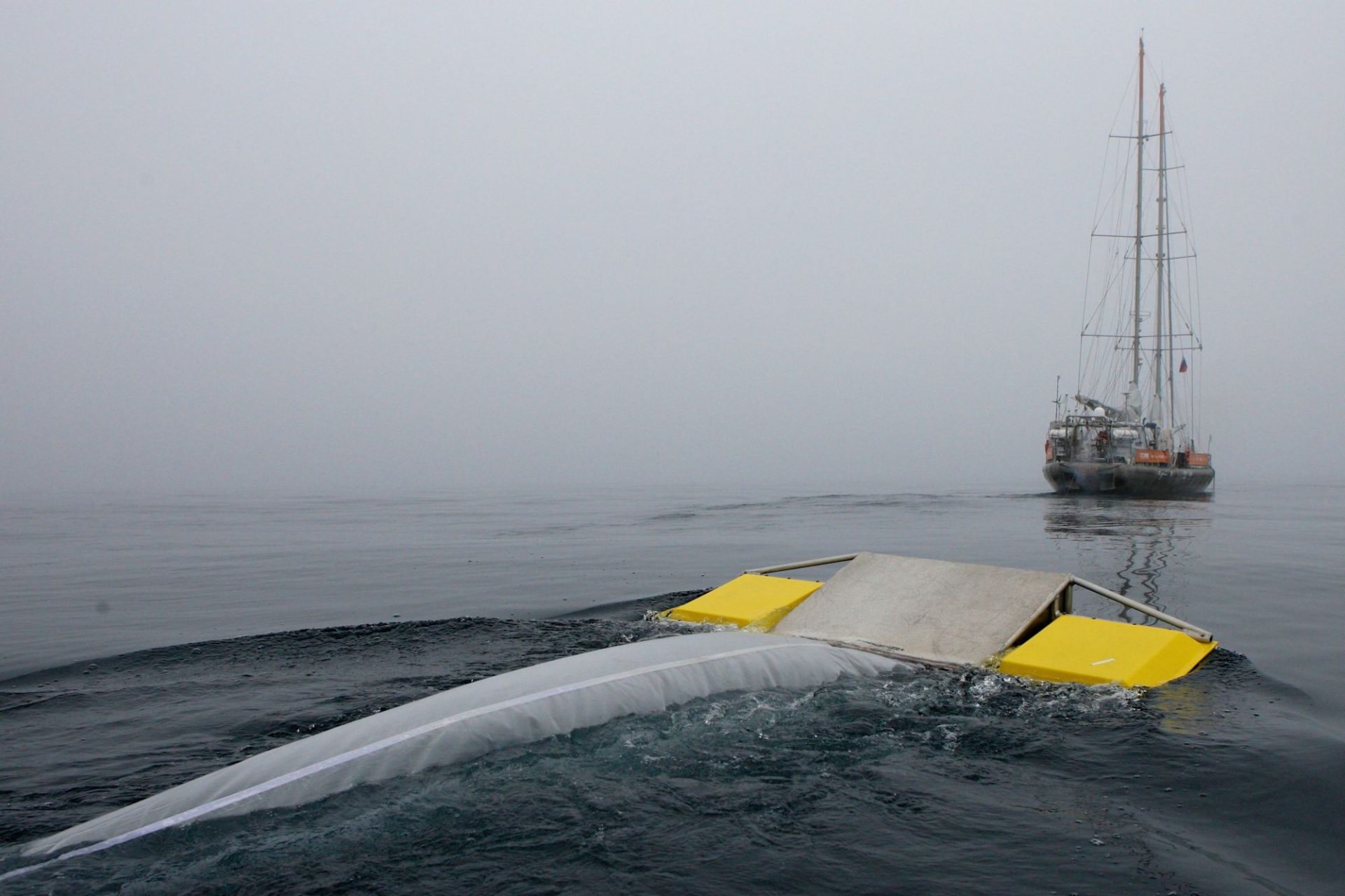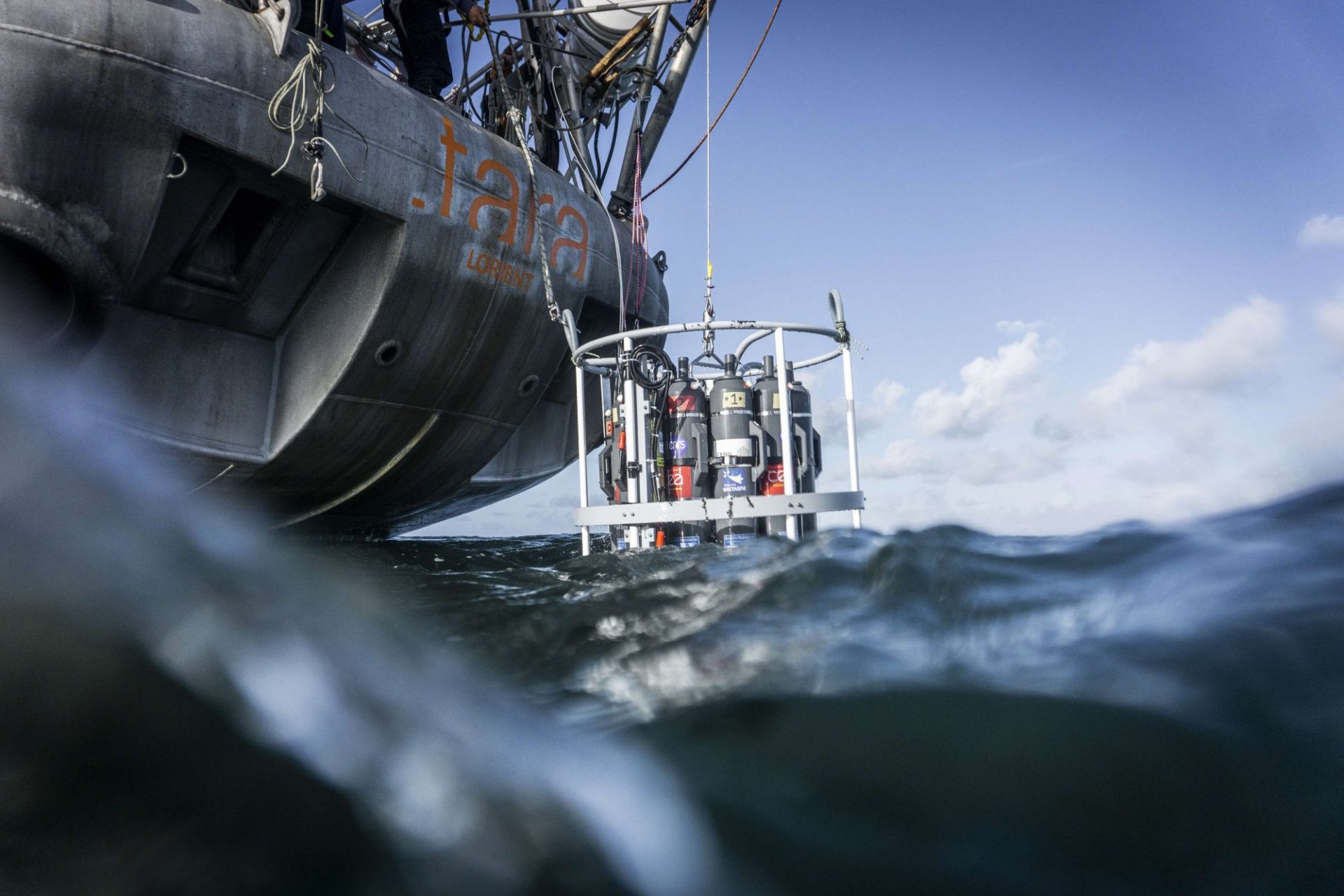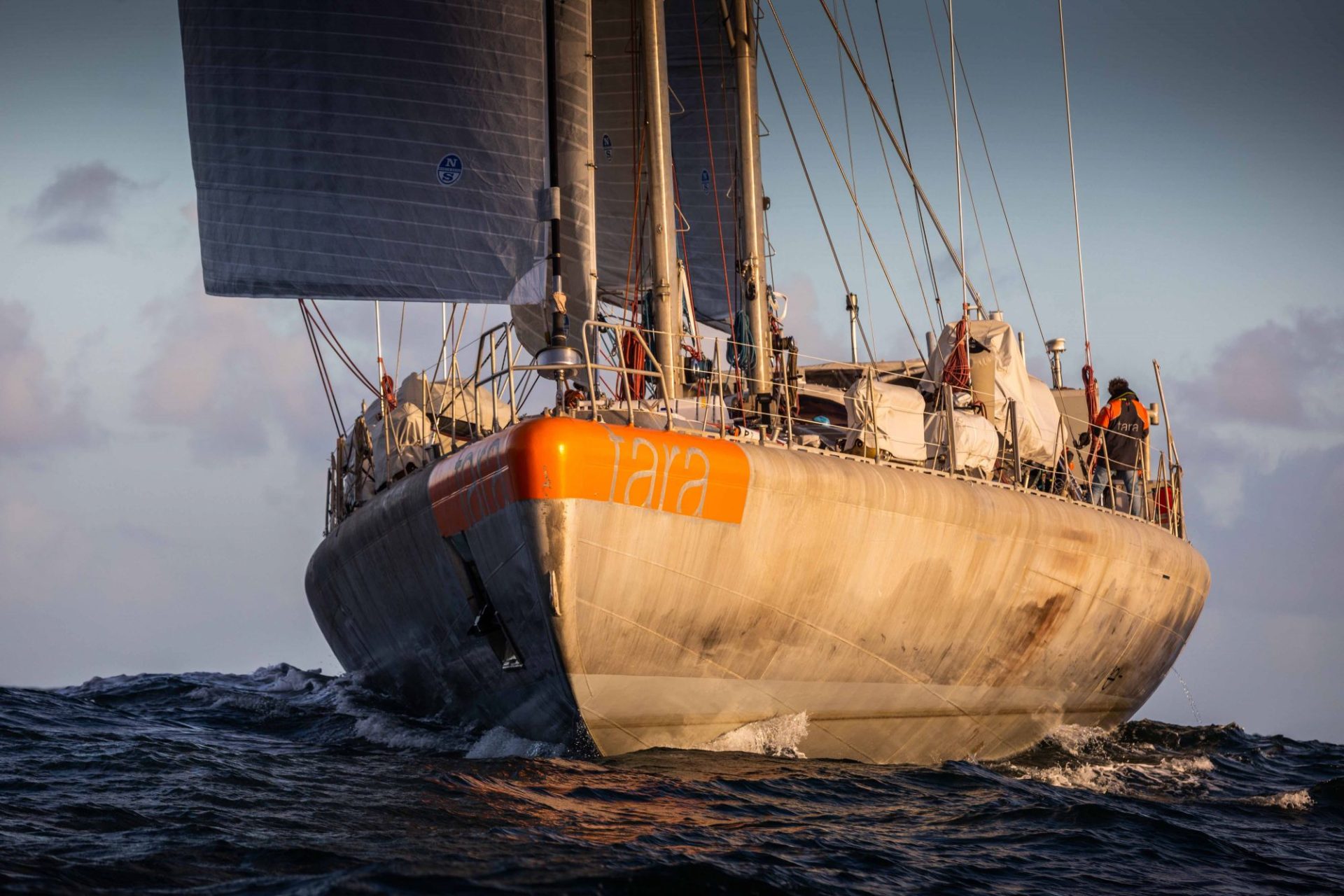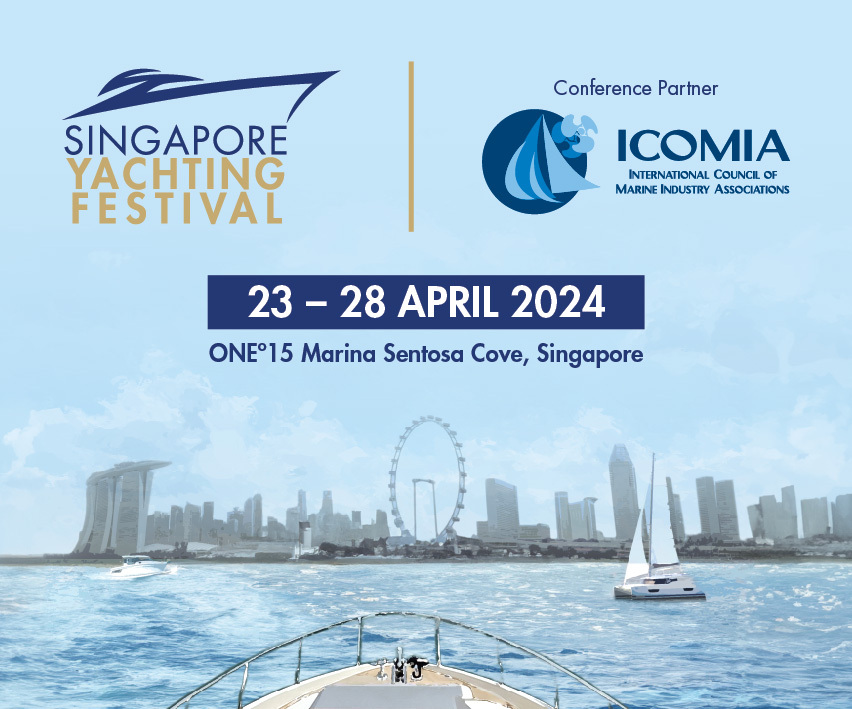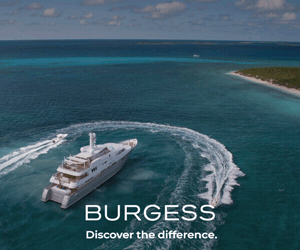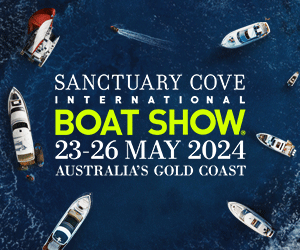Micro mission
French sailing ship Tara sets off on a research expedition to study micro-organisms in the context of climate change.
15 December 2020
On 12 December 2020, the schooner Tara set sail from Lorient in Brittany, France, to embark on a major new scientific expedition. Over nearly two years, the sailing laboratory will travel 70,000 kilometres in the South Atlantic, along the South American and African coasts and as far as Antarctica.
Conceived by the Tara Ocean Foundation, this mission involves 42 research institutions from around the world. The program will study the ocean’s most fundamental fabric – the microbiome – to understand the functioning of this ecosystem in a context of ongoing global change.
Micro-organisms play an essential role in the ocean, representing more than two-thirds of the marine biomass. By definition, the ocean microbiome refers to all marine micro-organisms, but also their interactions with the environment.
“It’s like a complete living being,” says Romain Troublé, CEO of the Tara Ocean Foundation.
“It goes beyond a simple description of the micro-organisms present. We want to understand how this microbiome functions as a whole — whether its effectiveness is sensitive to plastic pollution or the ongoing warming of the ocean.”
Aboard Tara, scientists will collect the marine microbiome for a major DNA sequencing and imaging effort, while measuring a large number of environmental parameters, including temperature, oxygen level, presence of nutrients and plastic pollution.
This new mission will provide a more detailed understanding of the significant mechanisms linking the microbiome and climate.
According to Daniele Iudicone, senior research at the Stazione Zoologica di Napoli, coordinator of the AtlantECO project and co-director of the mission, “The vast majority of the questions we will be addressing are related to climate change and pollution, and how the ocean microbiome will react and evolve.
“The responses provided by this mission should prove particularly useful for improving climate forecasting models, in particular by integrating biological parameters.”
During some of the 23 planned stopovers, the scientific teams will share knowledge with local researchers on know-how, best practices and techniques needed to study the ocean, from collection of samples, management and analysis of data, to the use of results in practice.


